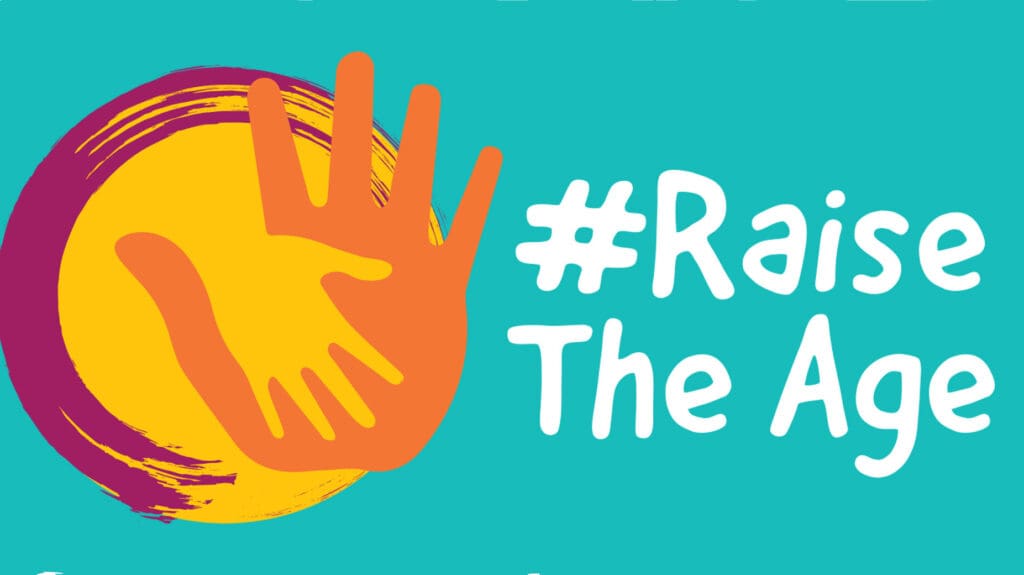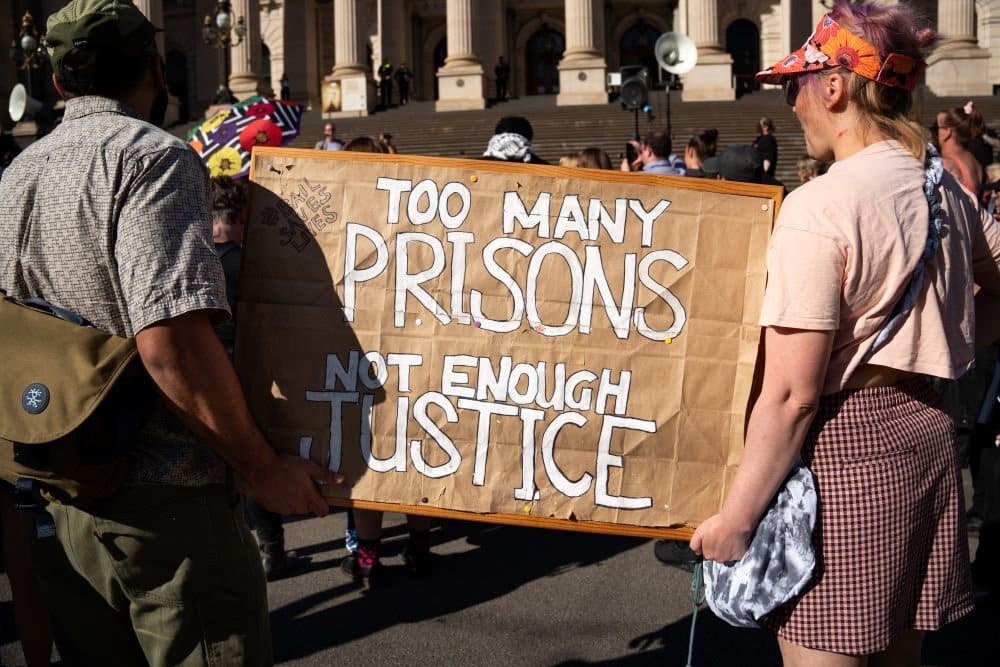Victoria Police officers referred for criminal investigation in the death in police custody of Tanya Day
In a landmark decision, the Coroner in the inquest into Tanya Day’s death in police custody has referred Victoria Police officers to the Director of Public Prosecutions for criminal investigation, saying that she believes “an indictable offence may have been committed”. The Day family argued from the outset that there was a possible case to answer in relation to negligent manslaughter.
The Day family said:
“This is a historic day for Aboriginal people in this country. Hundreds of Aboriginal people have died in police custody, yet no police officer has ever been held criminally responsible. This is a stain on our country. Today, the Coroner in the inquest into our mum’s death referred two police officers for criminal investigation into whether they committed negligent manslaughter. This isn’t the end of the road, but it is the beginning of justice for our mum”.
“There has never been any doubt in our mind that Victoria Police are responsible for our mum’s death. The Coroner found that the police should have sought medical care rather than locking mum in a cell. The Coroner found that once mum was in the cell, the police failed to properly check on her, treated her with complacency and breached her human rights to humane treatment and dignity. At every step of the way, our mum was failed by a system that should have protected her”.
“It is heartbreaking for us to hear that our mum would be alive today had she not been arrested and taken into police custody. The offence of public drunkenness should have been repealed decades ago. While we are pleased that the Andrews Government has committed to repealing the offence of public drunkenness – this can not happen soon enough. There can be no reason for delay.”
The Coroner’s other important findings include:
-
That the V/Line officer who woke Tanya up on the train and called the police was influenced by unconscious bias and his decision making was influenced by her Aboriginality.
-
That the police should have sought medical advice or taken Tanya to a hospital, before deciding to lock her up.
-
That once in the police cell, Tanya was not checked on in accordance with police procedures, that she was treated with complacency and that her human rights to be treated humanely and with dignity were breached.
-
That there was a culture of complacency within Victoria Police with respect to how they treat intoxicated people in their care.
-
That police should not be investigating other police officers when it comes to Aboriginal deaths in custody.
“It is good that the Coroner found that the V/Line conductor acted in a racist way and recommended anti-racism training, but we’re disappointed the Coroner stopped short of finding that Victoria Police were influenced by systemic racism. At the time our mum was arrested, Aboriginal women were close to 11 times more likely to be targeted by police for being drunk in public than non-Aboriginal women. We know that our mum would have been treated differently and would be alive today if she was a non-Indigenous person,” said the Day family.
This decision from the Coroner comes at a time when Aboriginal women continue to be over-represented in the criminal legal system, and earlier this year Yorta Yorta woman Veronica Nelson died alone in prison after being arrested and refused bail for shoplifting.
The Human Rights Law Centre represented the Day family. Monique Hurley, Senior Lawyer, said that this is a historic decision that must lead to further changes.
“The referral of police officers for criminal investigation is a landmark and must be a moment of reckoning for Victoria Police and the Victorian Government more broadly. Racism and detention are a lethal combination. At a time when police are being given more and more powers, the Andrews Government must deal with the institutional racism and lack of police accountability that can lead to abuse, mistreatment and deaths in custody,” said Hurley.
“It should not be left to Aboriginal families, like Tanya Day’s, to fight for justice. Rather, the Victorian Government should be proactive in fixing the myriad of discriminatory laws and policies that persist and result in Aboriginal women being disproportionately arrested and locked up,” said Hurley.
Tanya was a proud Yorta Yorta woman and much-loved sister, mother, grandmother and advocate. In December 2017, Tanya fell asleep on a train from Echuca to Melbourne. A V/Line conductor woke her up, described her as “an unruly Indigenous woman” and called the police. Tanya was subsequently arrested for being drunk in a public place.
Tanya was then locked up in a police cell at the Castlemaine Police Station where she fell and hit her head on the wall of the police cell, causing a brain hemorrhage. It was over three hours from the time Tanya had the fatal fall to when police entered her cell and called the ambulance. Tanya Day died on 22 December 2017.
Read a summary of the findings in the inquest into Tanya Day’s death.
Read the statement from Tanya Day’s family.
Read the coroner’s findings in the inquest into Tanya Day’s death in police custody.
Media contact:
Michelle Bennett, Communications Director: 0419 100 519

Accountability and justice must be delivered for Kumanjayi Walker’s family
NAAJA and the Human Rights Law Centre are supporting Kumanjayi Walker’s family’s calls for accountability and justice, after Coroner Elisabeth Armitage delivered her final report into Kumanjayi Walker’s death in Yuendumu this week.
Read more
ACT becomes first jurisdiction to raise the age to 14 while the rest of the country lags behind
Change the Record and the Human Rights Law Centre welcome the ACT raising the minimum age of criminal responsibility to 14, and call for all Australian Governments to raise the age to at least
Read more
Crisafulli Government’s shameful adult sentencing laws will harm kids, families, and communities
The Human Rights Law Centre and Change the Record have slammed the Crisafulli Government for passing laws that will sentence even more children to adult-length terms of imprisonment. The laws will lock up children for even longer, and harm kids, families, and communities.
Read more



